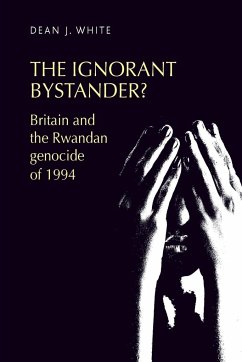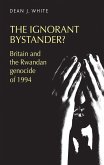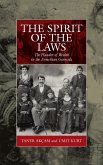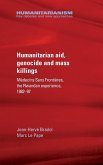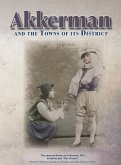Tony Blair wrote of the Rwandan genocide, 'We knew, we failed to act, we were responsible'. The ignorant bystander, the most in-depth study of the British response to the crisis written to date, sets out to test these claims. Drawing on previously unseen documents, obtained under the Freedom of Information Act, and interviews with Cabinet Ministers, MPs, diplomats, journalists and army officers, the book provides a thorough review of the British response to one of the bloodiest events of the late twentieth century. It demonstrates that prevailing accounts provide an inaccurate or incomplete assessment of the British response and concludes that in fact initially Britain knew little of the genocide, was ultimately one of the leading donors to the crisis and, despite Blair's claim, was far from responsible. Using Rwanda as a case study, the book goes on to explore what factors more generally drive the decision to intervene in foreign crises. It discusses Conservative attitudes towards humanitarian intervention; the role of media, Parliament and public in policy making; how the decision to intervene is actually made; and how the UK shapes debate at the UN Security Council. It concludes by comparing intervention in Rwanda in 1994 with more recent crises in Libya and Syria. The ignorant bystander shines a light on a previously ignored aspect of the genocide and provides a detailed analysis of foreign policy making during the Major government. It will be of considerable interest to anyone concerned with the international response to the genocide and students of British foreign policy making in the late twentieth century.

